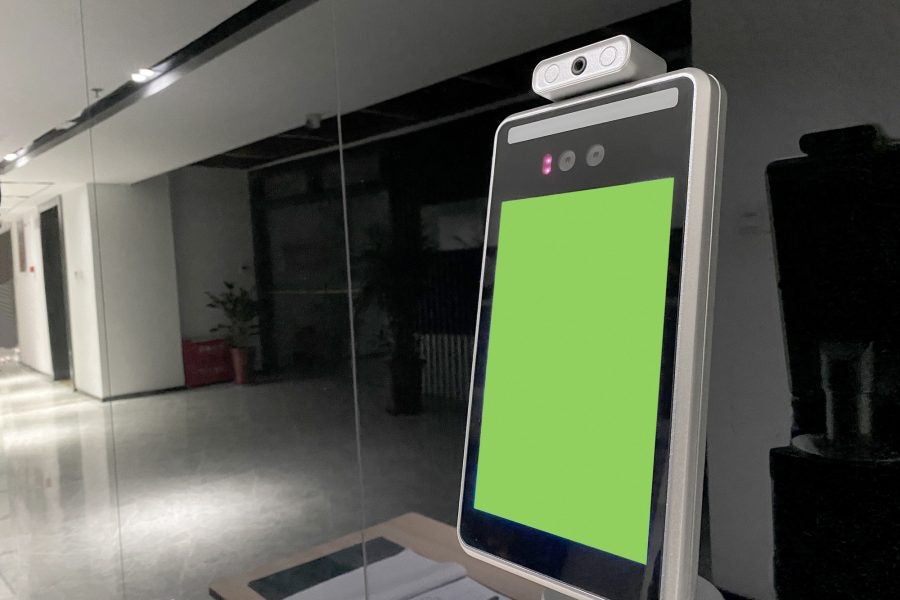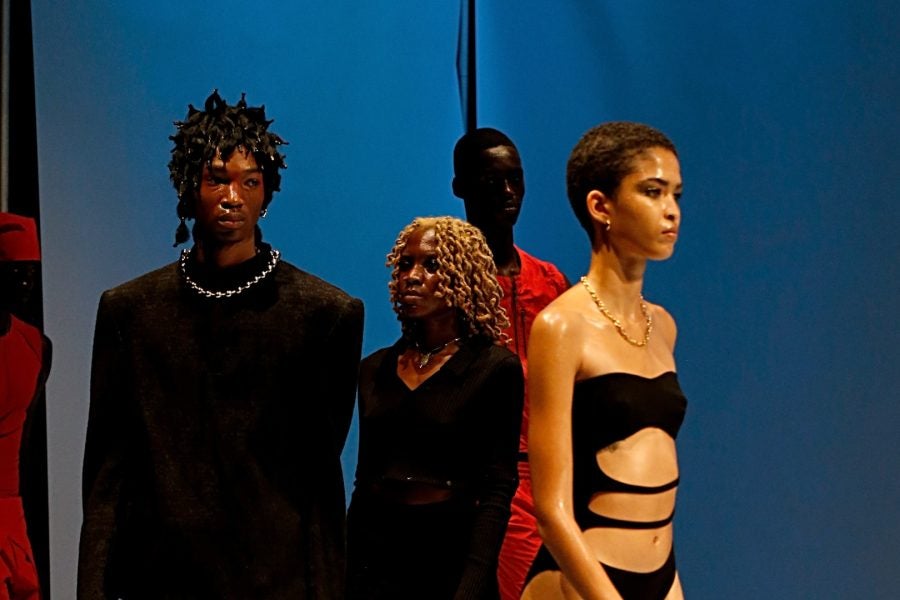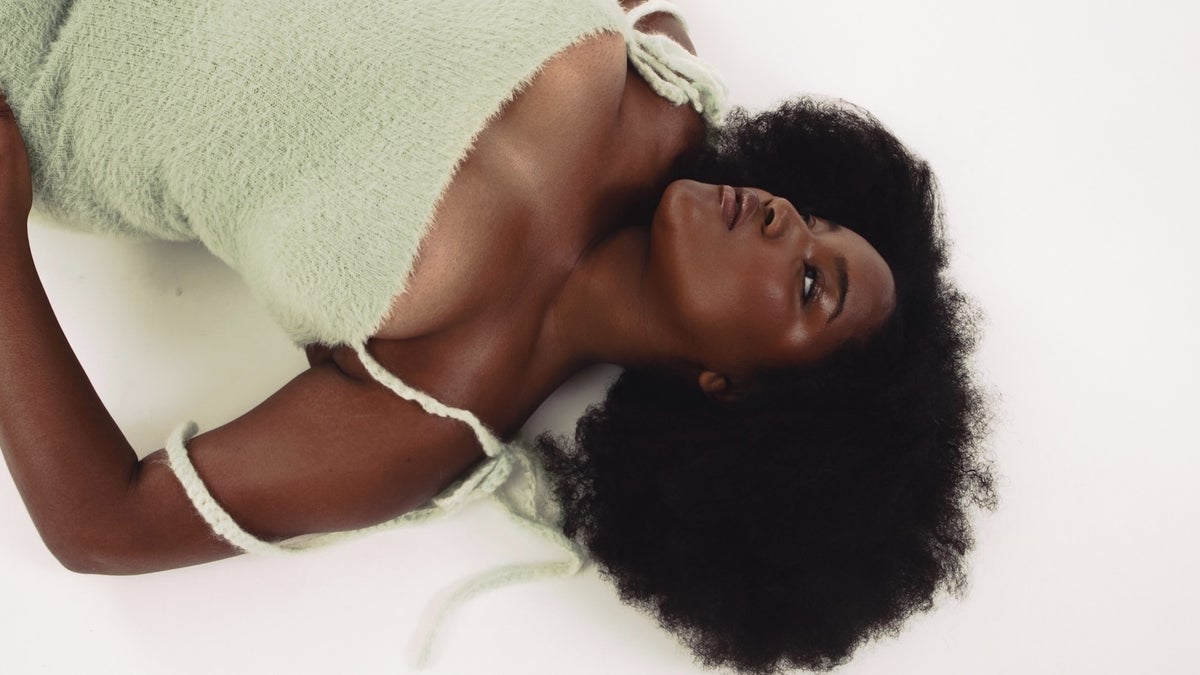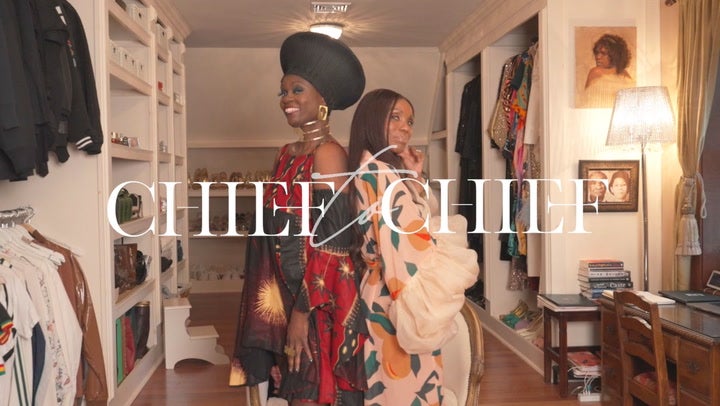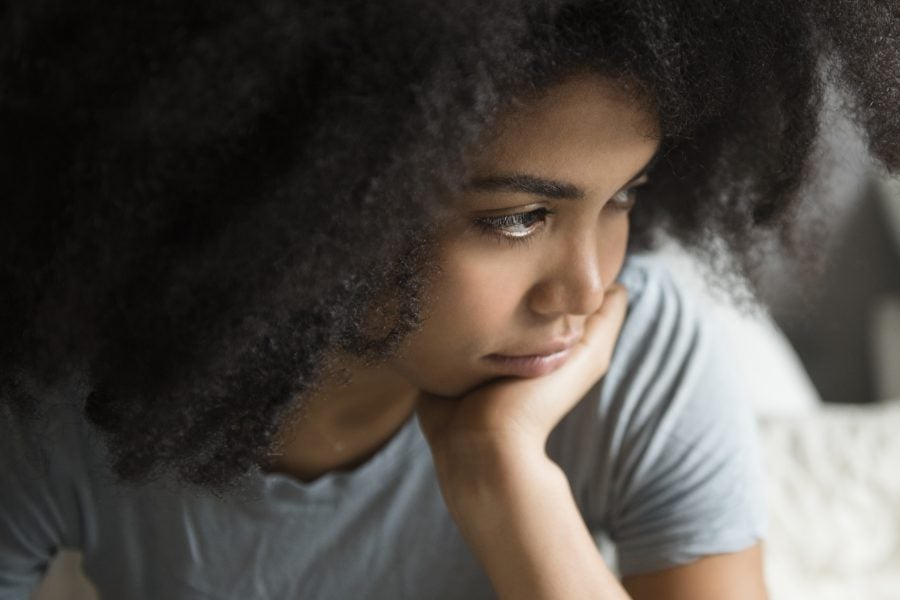
When I set up an appointment to see my doctor in early November, the last thing I thought he’d say was that I was depressed. I knew I’d been feeling off for months — I was procrastinating way more than usual and found it increasingly hard to focus on things that usually came easily to me, like reading a good book or starting a TV show. By the fall, I was in a constant state of heightened emotion, repeatedly triggered by past traumatic events, and I felt like I needed to be in bed sleeping all the time.
At first, having all this happen at the height of COVID gave me an excuse to attribute the changes in my behavior to the “pandemic effect,” which seemed like we were all dealing with. But things finally came to a head when I realized that the constant fatigue and lack of focus meant I could no longer do my job effectively.
After describing all this to my doctor, he said four words that would completely change my perception of what I was experiencing — “this sounds like depression.” One appointment and a full diagnostic test later, and I was officially diagnosed.
The news was shocking, and not because my symptoms didn’t sound like the experiences of a depressed person — they did. The real surprise was the fact that I was fully functioning through all of it. Because believe it or not, during that same time, I had managed to maintain an abundant social life, entered into an amazing relationship, and made strides at work. How, when everything was going so well, could I possibly be depressed?
“One may imagine depression to look like lying in bed with the curtains closed in your pajamas with your hair all over your head, not practicing daily hygiene, barely eating,” says Jasmine Cobb, a licensed clinical social worker based in Texas, who specializes in grief and trauma.
“But for working-class Black folks, we don’t have time for that; we have to get to work and keep moving. There are a lot of depressed and anxious folks unconsciously masking their symptoms as high-functioning or productive people.”
So, between the constant need to keep working, the stigma placed on talking about mental health in Black communities, and the expectation that Black women are superheroes who can do it all, it can feel like there is simply no room in this world for Black women not to be okay.
Grief and depression
When discussing mental health in the Black community, grief is a similarly common experience that often gets confused with depression. It’s a strong, sometimes overwhelming feeling of anguish following a deep loss which, contrary to popular belief, isn’t exclusive to death.
“It’s also attributed to other types of loss that we don’t normally think of like the loss of trust, the loss of security, losing hope,” says Cobb.
And although grief is its own distinct emotional and psychological experience, there are overlaps between the symptoms of grief and depression, Cobb says, including feeling hopeless, brain fog, and lack of motivation.
Finding healing
Whether it’s depression or grief, opening up and seeking outside help is essential to help treat it. But, as Cobb explains, this work doesn’t end at the doctor’s office.
“We need to begin prioritizing ourselves holistically, and then healing becomes like an organic chain reaction where one area starts to improve along with the others,” she says. “So [that’s] mentally, emotionally, spiritually, physically, socially, and financially. Therapy doesn’t have to have a lock on healing, but it can be beneficial and used in conjunction with other forms of coping. ”
In my case, my doctor and I decided on a combination of both therapy and antidepressants. But it doesn’t end there. From my experience, I’ve learned that Cobb is right about the need for a holistic, all-encompassing approach to treating depression. So these days, my daily routine is a well-curated mix of endorphin-increasing activities like aromatherapy, music therapy, exercise, and meditation.
Most crucially for me, though, is that this process is culturally specific and tailored to honor my unique position and experiences as a Black woman. Both my therapist and family doctor are Black, which helps make those environments feel safer and empowers me to address some of the more culturally-nuanced parts of my experience as a Black woman. This means that my therapist understands — without me needing to explain — the ways imposter syndrome works specifically for me as a Black woman, or why, even two years on, the summer of 2020 still haunts me to this day.
More than anything, my journey through treating this depression has taught me to trust the process and let time take its course. And as an unapologetic Virgo, it does feel good to relinquish some of the control I usually need to have because I know there’s nothing I can do but my best now.

